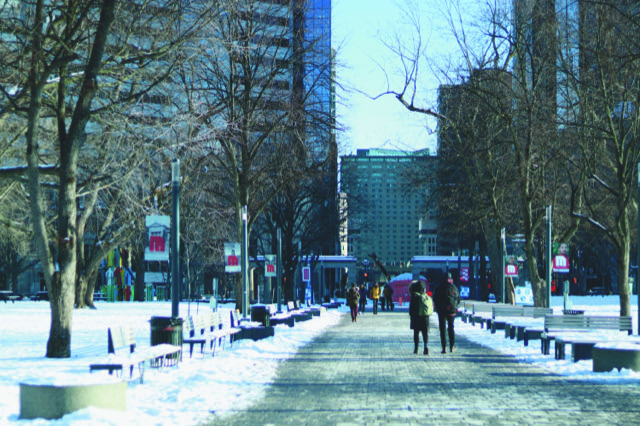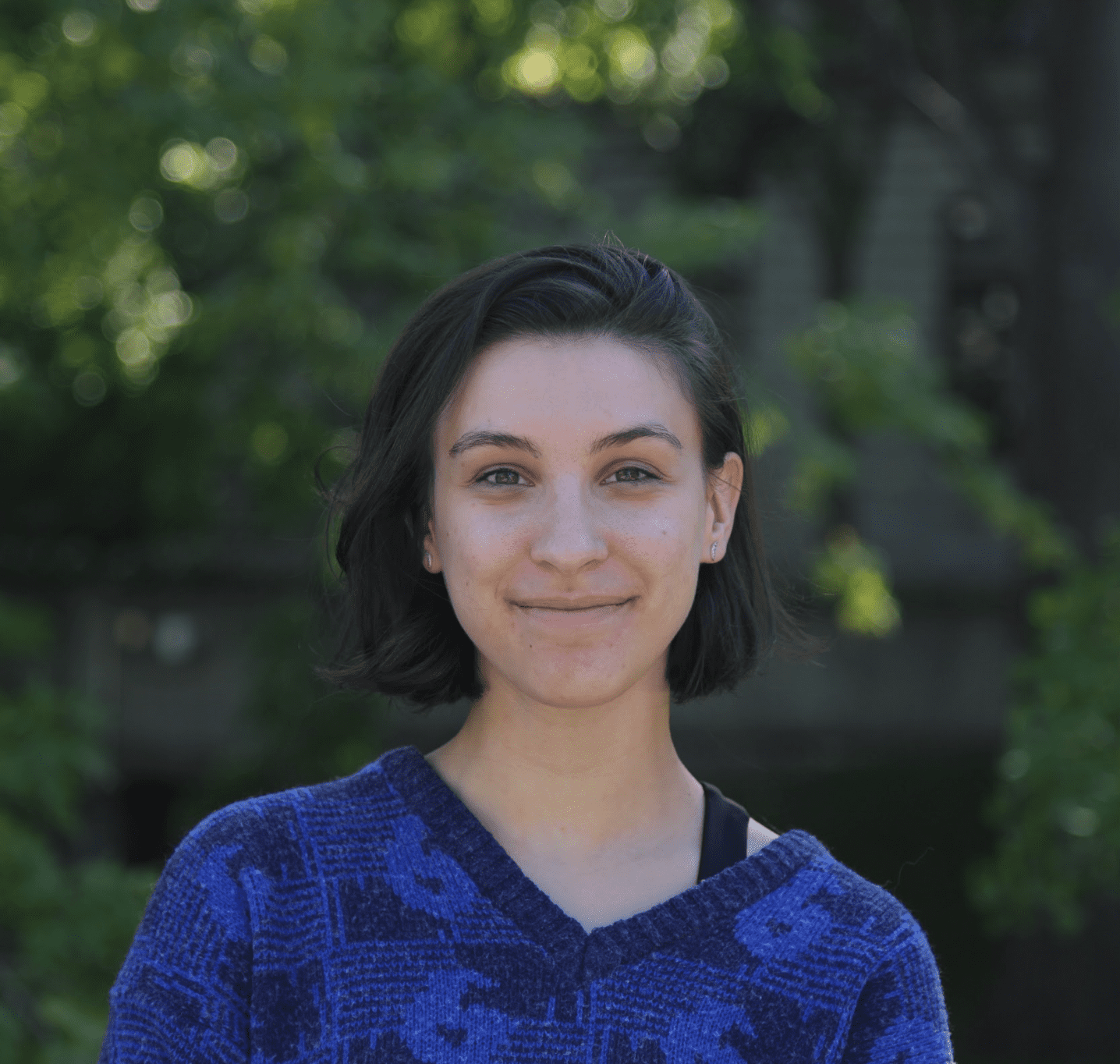In light of the increased transmissibility and ongoing health risks posed by the Omicron variant, McGill’s School of Social Work announced via email on Jan. 4 that it would extend online learning until at least Feb. 25. The McGill Tribune obtained the Jan. 4 email and several others, including one sent two days later, on Jan. 6, informing students the university had refused the School’s decision.
Many students in the faculty, including Jo Roy, U3 Social Work, were disheartened by the news.
“[Getting the second email] was like a punch in the face,” Roy said. “I blame McGill for its intimidation, and essentially bullying, of not just our school, but of other faculties in McGill as a whole.”
In accordance with the Quebec government’s Dec. 17 announcement that universities cannot hold in-person classes until Jan. 17, McGill announced on Dec. 31 that classes would be held virtually until at least Jan. 24. This announcement excluded Tier 1 activities, such as labs, clinical courses, and music classes, which cannot be conducted remotely.
Social work students, however, have opposed the projected return date, citing risks to themselves, the institutions they work in—such as hospitals, centre local de services communautaires, and centres d’hébergement et soins de longue durée—and the communities they serve as reasons to continue virtual learning until safe to return in-person.
“[There are] forty or so people in [my] cohort, and if you take the students [doing stages] in the second year cohort […] that is close to nearly 100 points of impact for COVID to go around into vulnerable communities,” Roy said. “We go into other community-based organizations in primarily marginalized, racialized communities [….] I do not want any of us to be points of spread for these communities.”
Codey Martin, U3 Social Work, was not surprised by McGill’s decision. Like Roy, Martin feels the return to in-person classes does not prioritize the wider Montreal community’s health and safety, but says he will continue to work with those he serves despite the circumstances.
“The work I do goes on regardless, with education or without education,” Martin said in an interview with the Tribune. “It is the natural law to a helper, to always help people in need of helping. But at the same time, I am sure many across the McGill community probably have some tough decisions to make.”
Many social work students have begun to explore potential action they can take to communicate their disagreement to McGill. In addition to consulting with the Students’ Society of McGill University and the Social Work Student Association, students have met with law professor Richard Gold to understand the legal grounds upon which McGill made the decision.
In an email interview with the Tribune Gold claimed that McGill’s central administration has no basis for making the School of Social Work return to in-person teaching given the adoption of a Course Delivery Parameter for the Winter 2022 Academic Term at the Nov. 17 McGill Senate meeting.
“In the fall, at the initiative of the administration, [the] Senate adopted […] guidelines for online teaching,” Gold wrote. “While it recommended that 80 per cent of teaching be in-person, it left the actual decision to [individual faculties] [….] Rather than respect the guidelines for which it itself advocated, [the administration] is ignoring them.”
At the request for comment on this situation, McGill media relations officer Frédérique Mazerolle, on behalf of the McGill administration, wrote that the university remains dedicated to student health and wellbeing.
“The uncertainty around the impact of the new Omicron variant remains high,” Mazerolle wrote in an email to the Tribune. “However, we intend to return to in-person education as soon as safely possible and when government directives permit. Our planning for Winter 2022 remains flexible and if the COVID-19 situation changes, we have contingency plans in place.”










